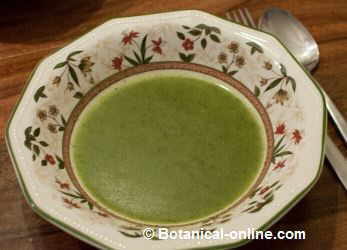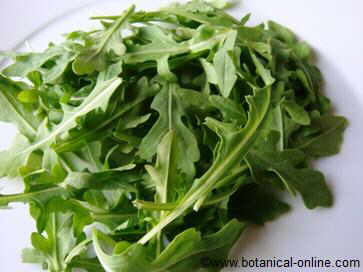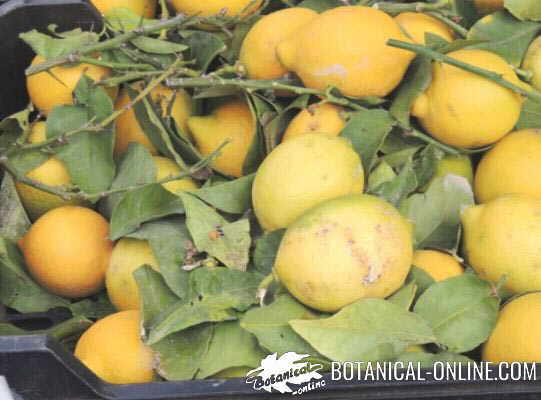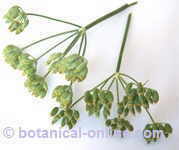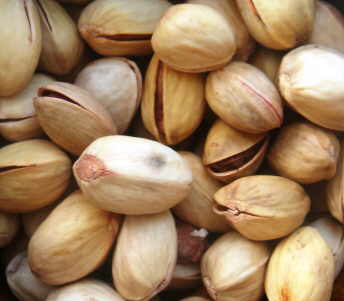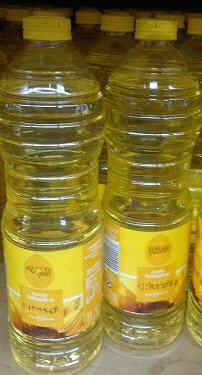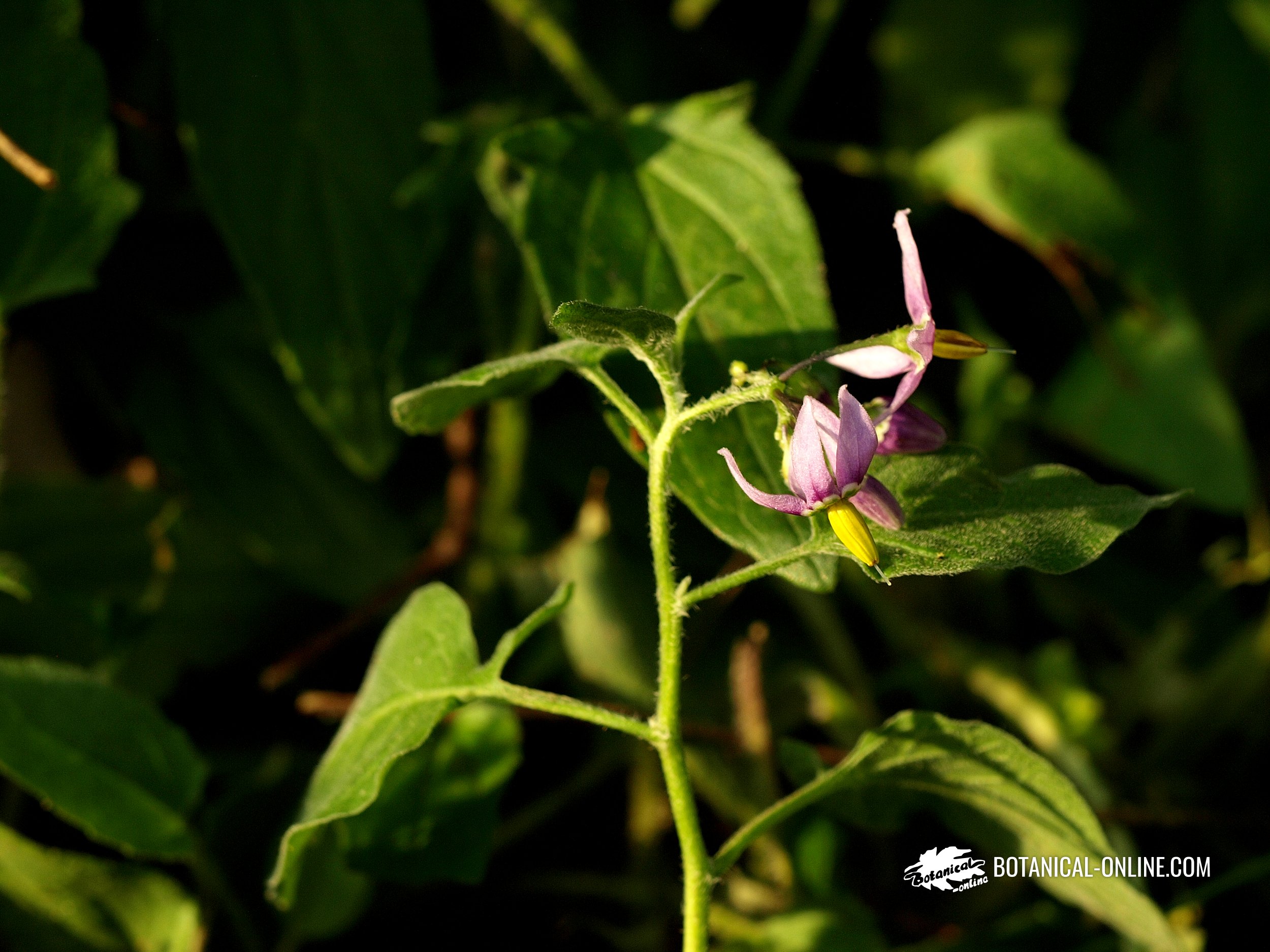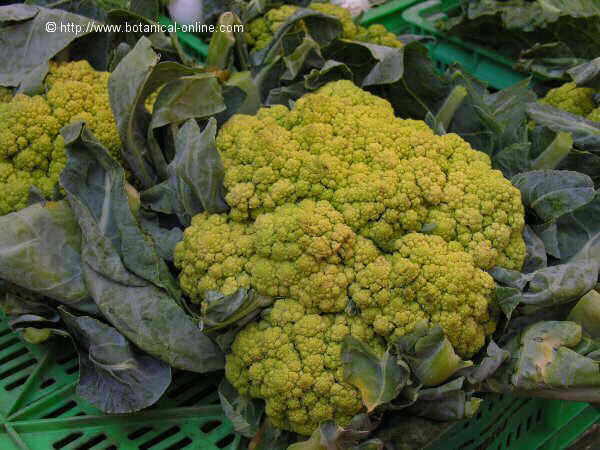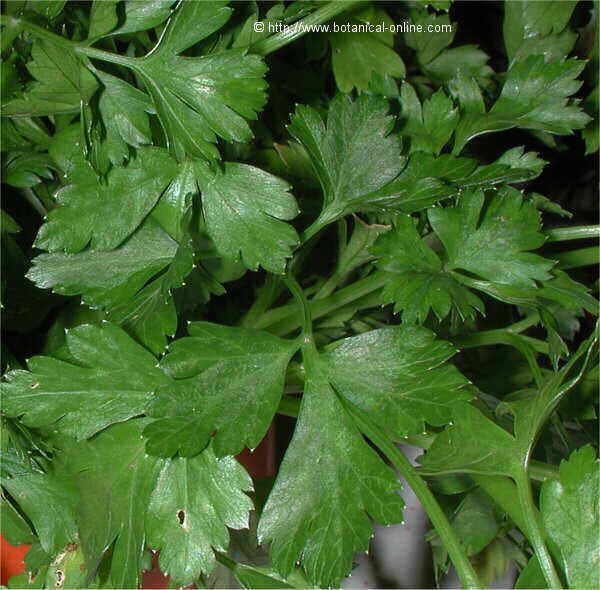Contents
- 1 Recommended food for ovarian cysts
- 1.1 DIETOTHERAPY FOR PCOS, POLYCYSTIC OVARIAN SYNDROME
- 1.2 Food for ovarian cysts
- 1.3 General guidelines for SOP
- 1.4 Benefits of physical exercise for ovarian cysts (PCOS)
- 1.5 Eliminate milk and dairy for polycystic ovaries?
- 1.6 Legumes and whole grains for ovarian cysts
- 1.7 Is it recommended to eat fruit? And take it for dessert?
- 1.8 Whole-grain bread for polycystic ovaries
- 1.9 Highly recommended: a diet rich in vegetables
- 1.10 Recommended foods with healthy fats
- 1.11 Omega 3 oils for Polycystic Ovarian Syndrome
- 1.12 Flax and Chia Seeds: Omega 3 + Fiber
- 1.13 Benefits of nuts for polycystic ovaries
- 1.14 Proteins for polycystic ovaries
- 1.15 Chocolate and polycystic ovaries
- 1.16 Food, spices and anti-inflammatory condiments
- 1.17 Can soy be consumed in the diet for PCOS?
Recommended food for ovarian cysts
DIETOTHERAPY FOR PCOS, POLYCYSTIC OVARIAN SYNDROME
Food for ovarian cysts
The diet for polycystic ovary syndrome (PCOS) mainly consists of carrying a diet rich in natural foods, with plenty of vegetables, and eliminating those industrial products with added sugar and industrial fats.
Among the objectives of the diet, to achieve optimal nutritional status, but also help improve some symptoms such as menstrual pain.
As with any balanced diet, overweight should be avoided, but more especially in the case of women with ovarian cysts, because a high incidence of obesity has been observed in women with PCOS (greater than 50%).
General guidelines for SOP

It is recommended to exercise and sun exposure (vitamin D)
- Diet rich in proteins, vegetables, legumes, brown rice, nuts and whole fruits (not juices).
- Reduce the consumption of flours (such as bread and pasta) and consume them preferably whole.
- Avoid excess of sugars, flours and fats such as those found in foods such as cookies (of any type, not the whole ones), chocolates, fritters, pastries, cream, cakes, etc.)
- Avoid foods with too much salt: sausages, ham, sausage, frankfurt, industrial burgers and other processed meats.
Benefits of physical exercise for ovarian cysts (PCOS)
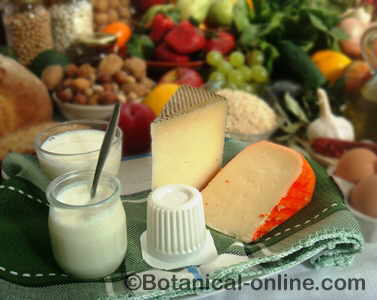
If dairy products are consumed, it must be done in adequate quantities and choose those with a high quality
As part of the treatment, outdoor exercise is recommended to improve insulin resistance with physical training and decrease weight (weight loss improves SOP parameters).
Practicing normal physical exercise is a fundamental pillar to achieve a decrease in body fat.
In addition, in contact with the sun’s rays, the body can synthesize vitamin D, whose deficit has been observed and related to obesity and overweight.
It is recommended to take the sun 10-30 minutes a day (depending on the time of year, less in summer) without sun protection, outside the hours of sun, which is between 12 and 16 hours.
Eliminate milk and dairy for polycystic ovaries?
Many professionals consider it appropriate to remove dairy or reduce their consumption if it is high in the diet (To be valued by the dietitian clinical nutritionist).
It may be interesting to substitute milk or take green tea infusions for its antioxidant effect and because some studies indicate that it could help regulate androgens.
In addition, when we eliminate milk, we must add more calcium-rich foods in the diet, such as beverages with calcium, tahini, sesame, nuts and legumes daily.
If dairy is consumed, natural ones are recommended, for exmple: yogurt, milk or cheese.
Avoid poor quality nutriconal dairy products such as sweetened yogurts or dairy products with added sugar, chocolate milk, dairy desserts with fruit jams or syrups, very fatty cheeses, cream, condensed milk, etc.
Legumes and whole grains for ovarian cysts
One of the key dietary guidelines for ovarian cysts is to reduce the amount of sugar in the diet and boost whole grains such as legumes and whole cereals.
Foods with carbohydrates of preference in the diet are:
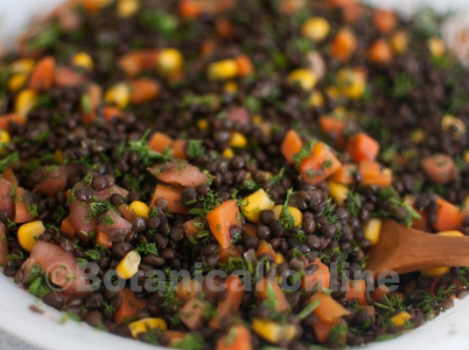
Photo of lentils salad
- Legumes: Lentils, chickpeas, peas, beans, etc.
- Whole grains: brown rice, oats flakes, quinoa, buckwheat, millet, etc.
- Tubers: potato, sweet potato, etc.
To improve the metabolism of carbohydrates and the action of insulin, some experts recommend chromium picolinate.
Is it recommended to eat fruit? And take it for dessert?
Whole fruits are suitable, up to 3 pieces a day (not juices). It is recommended to take them preferably before meals (half an hour before or mid-morning, for example), or between hours.
Fruit as dessert is generally not recommended. Eating fruit as dessert further increases insulin during digestion. However it is not a rigid norm, since if consumed it would not be harmful for a healthy diet. People who eliminate fruit for dessert should consume it between hours. Do not decrease the healthy consumption of fruit !!!
Whole-grain bread for polycystic ovaries
Although bread can be taken, it is recommended it to be whole and combined with foods with high fiber, for example, adding chia seeds or linseed inside the sandwich, so that the absorption of flour is slower.
Avoid high – sugar foods, which are mainly those of industrial origin: soft drinks, fruit nectars, pastries, chocolate, jams with sugar, etc.
Cinnamon is a fantastic spice to combine with fruit or with sweet recipes because it has a slight hypoglycemic effect and also provides sweetness (natural sweetener). Drinks can be consumed with sweeteners, but habitual consumption is not recommended.
Highly recommended: a diet rich in vegetables
Another of the main recommendations in this type of food is to carry a diet rich in vegetables, but also nuts and fruits. These foods provide us with lots of fiber, vitamins, minerals and bioflavonoids.
Consuming foods high in fiber improves insulin resistance. To reduce insulin production it is recommended to increase the amount of fiber in the diet, in addition to a pattern of physical exercise adapted to the person.
Examples of vegetable recipes: a salad, raw or cooked carrots, roasted peppers, seasoned tomatoes, vegetable soup, steamed asparagus, gazpacho, carrot cream, vegetable quiche, a puree,…
You can also add vegetables in the tortillas, rice, vegetables, accompaniment, etc.
Recommended foods with healthy fats
If you are overweight or obese, in general you should consume few fats to decrease the energy you eat in your diet, always avoiding too restrictive diets.
Women with PCOS who lose weight improve their symptoms. Fats are one of the foods with the highest caloric content of the diet, so you should reduce their total consumption, but do not eliminate essential fats from the diet:
- Bad fats that should be eliminated would be fried, snacks, pastries, biscuits, chocolates, industrial sauces, margarine, chocolates, etc.
- Healthy fats that are recommended to consume: virgin oils, nuts (without frying and without salt), seeds, tahini and avocado. The most recommended oil is extra virgin olive oil.
Omega 3 oils for Polycystic Ovarian Syndrome
There are many studies that prove the benefits of small oily fish such as sardines, anchovies, mackerel, etc. Large fish such as salmon or tuna are contaminated by heavy metals like mercury and are not recommended.
The oily fish contains omega 3, EPA and DHA, plus vitamin D and iodine, highly advisable to help improve cardiovascular health and with anti-inflammatory properties.
In vegetarian diets, if you do not consume animal products, consume 2-3 teaspoons of ground chia or hemp seeds peeled for their contribution in omega 3 (besides magnesium, fiber,…).
Flax and Chia Seeds: Omega 3 + Fiber
Chia or linseed seeds are an easy way to consume an extra supply of fiber and omega 3 in the diet.
They provide a high amount of mucilage, a highly fermentable soluble fiber with the aforementioned properties.
It is recommended 1 tablespoon of ground seeds in 1 glass of water, 1-3 times a day.
Benefits of nuts for polycystic ovaries
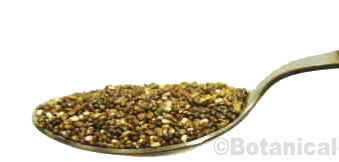
1 tablespoon chia contains lots of fiber, omega 3 and other nutrients
In many cases, avocado and nuts are banned in diets to lose weight to achieve faster results. Since women with PCOS are often overweight, these foods are often excluded from their diet.
Nuts contain phytosterols and are very satiating and nutritious foods (rich in calcium, magnesium, folic acid, etc.). Its inclusion in the diet is recommended for PCOS given its high nutritional value.
You can eat a handful of nuts or seeds in salads, at breakfast, or mid – afternoon: almonds, sunflower seeds, pumpkin seeds, sesame seeds, walnuts, Brazil nuts, etc.
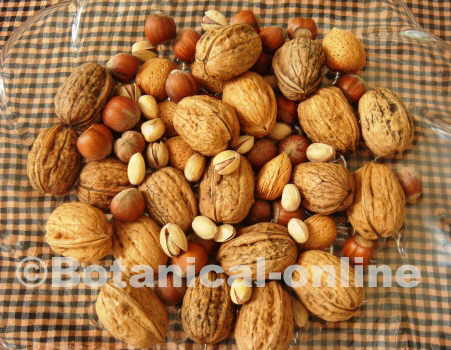
Photo of nuts
Consume raw or lightly roasted nuts, not fried or with added salt because they lose their properties.
Proteins for polycystic ovaries
A normoproteic diet is recommended, taking care of the contribution of foods rich in proteins in every meal of the day.
Vegetarian people have higher protein requirements and should take more of the foods they contain: tofu, tempeh, hummus, seitan, etc. Although soy contains many proteins, they are also found in other protein – rich foods such as chickpeas, lentils, buckwheat, quinoa, beans, adzukis, etc.
In non-vegetarian diets, it is highly recommended to consume 2-3 times a week oily fish of small size. The best way to consume oily fish is to griddle or bake at moderate temperature, without burning it (burning it or grilling it too much destroys the omega 3 EPA and DHA fats, potent anti-inflammatories).
White fish, egg, and white meat would also be adequate. It is recommended to be the least elaborate possible, that is to say, avoid processed meat, sausages, salted meats, choped, sausages, etc.
Chocolate and polycystic ovaries
Chocolate is a food that contains a lot of fat and usually also enough sugar, therefore, it is contraindicated in people with insulin resistance like PCOS.
Occasionally, 70% or more dark chocolate may be taken. It means to choose those brands containing less sugar. (See the label for the first ingredient on the list to be other than sugar).
White chocolate or other chocolates with too much sugar are not recommended (The first ingredient on the label is sugar).
Food, spices and anti-inflammatory condiments
Spices and herbs can be “herbal medicine hidden in the kitchen”:
– Turmeric Powder: In addition to antioxidant properties, it is anti-inflammatory and improves circulation (add turmeric in tortillas,, creams, alioli sauce, etc.). See recipes.
– Lemon: The antioxidants of lemons increase the life of good cholesterol by preventing its oxidation. (Add lemon juice in drinking water).
* Read more: Anti-inflammatory diet
Can soy be consumed in the diet for PCOS?
Many people have doubts about soy for polycystic ovaries. Soy drink and soy derivatives (tofu, tempeh,…) contain substances called isoflavones (mainly genistein), with hormonal effects similar to estrogens but with a weaker effect than the estrogen hormones of the own body.
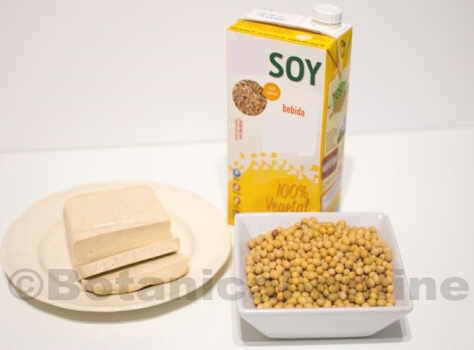
Photo of soy products: tofu, soy drink and soy beans
Theoretically these substances may have benefits for PCOS by blocking estrogen receptors, whose hormone levels are elevated in women with PCOS, but these studies have not been shown to have positive effects.
In general soybeans can be a suitable food in balanced rations. You should avoid taking soy derivatives with too much salt or added sugars.
Soy isoflavone supplements are not recommended. Studies indicate that data on their long-term safety are insufficient.
Although they can be sold without a prescription as a dietary supplement, it is recommended to consult with a doctor before taking them.
![]() More information on polycystic ovaries
More information on polycystic ovaries

